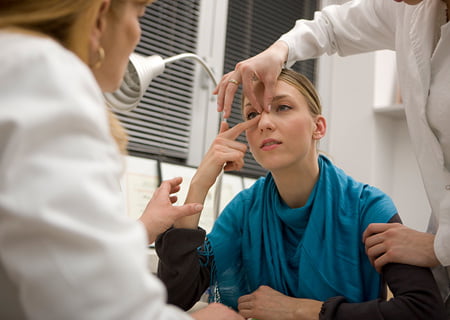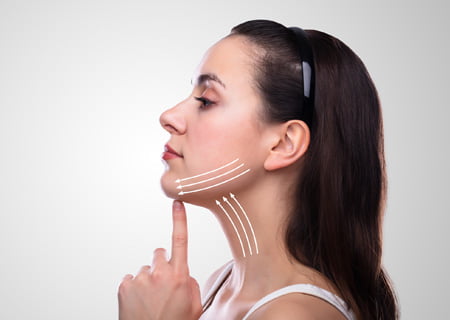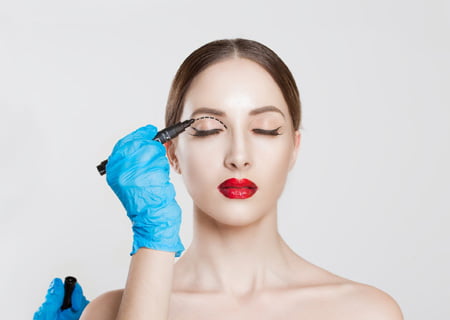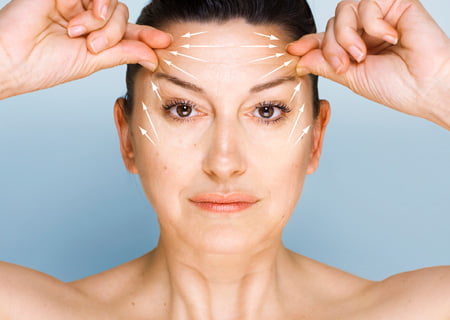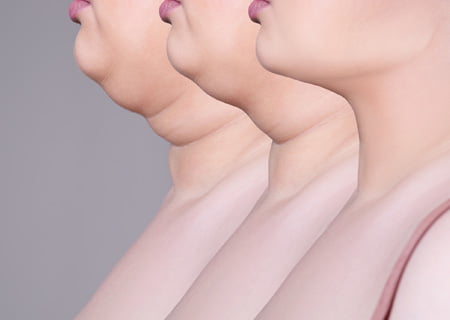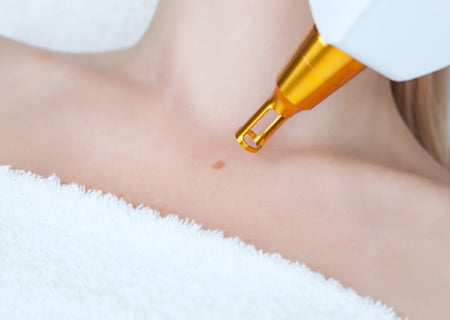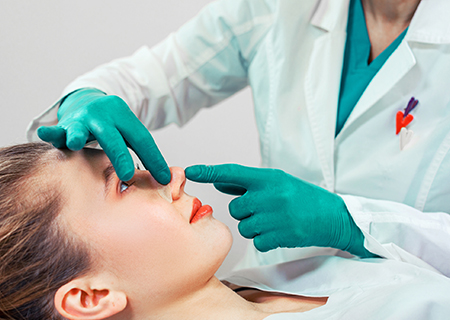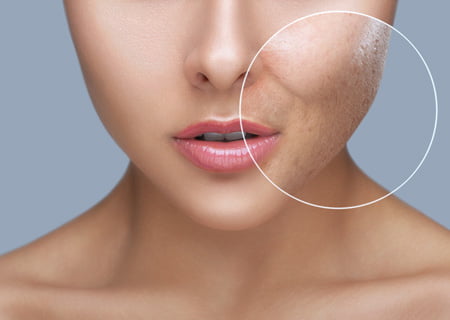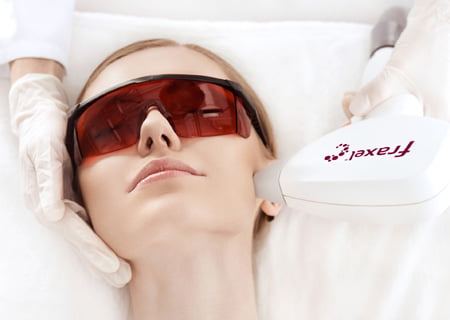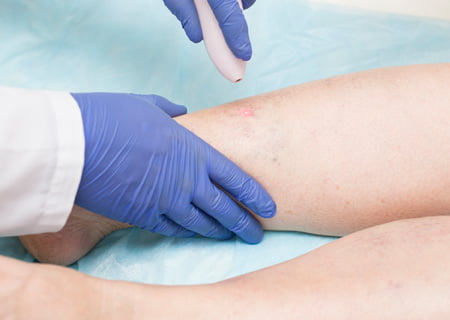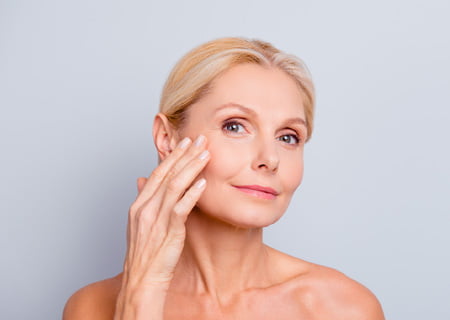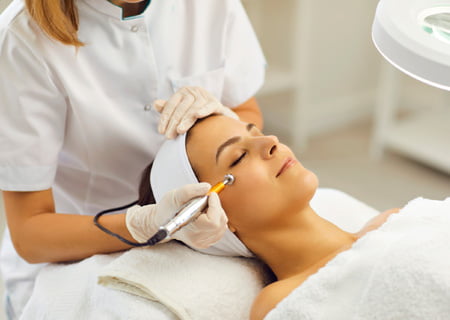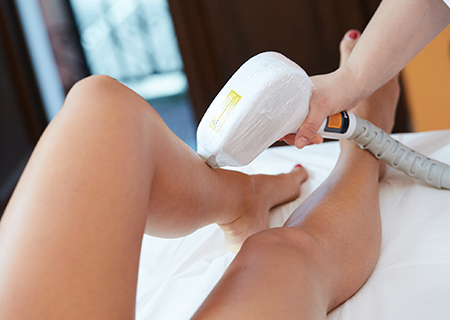Will Rhinoplasty Affect Your Singing?

As a facial surgeon, I meet patients with all kinds of goals — some want to refine the bridge of their nose, others want to improve breathing, and some are simply seeking balance and proportion. But when a patient is a singer, the conversation shifts. They often ask quietly, sometimes even apologetically:
“Will this change my voice?”
“Does getting a nose job affect singing?”
It’s a good question, and one that deserves a real, specific answer — because your voice is not cosmetic. It’s your craft, your livelihood, your identity. So let’s talk about what rhinoplasty can and can’t do when it comes to singing.
How the Nose Relates to Your Voice
People also search
Your voice doesn’t come from your nose, but your nose plays a supporting role — especially when it comes to resonance and breath control.
Resonance is what gives your voice colour. The nasal cavity is one of several spaces where sound vibrates. You don’t sing through your nose, but your nose contributes to how your voice travels, especially in head voice and in the upper register. It also helps shape the quality of certain vowels.
Then there’s breathing. If you’ve spent years working with partial nasal obstruction, you’ve likely learned how to compensate. Fixing a deviated septum or reducing turbinate swelling — if part of your procedure — can actually improve airflow. And that can change the feel of your breath support in subtle, positive ways.
Does Rhinoplasty Change Your Singing Voice?
In most cases, no — at least not in a way that affects your vocal identity.
What changes after rhinoplasty isn’t your vocal folds or your chest resonance—it’s the internal architecture of your nose. And unless your procedure involves major internal restructuring, your voice shouldn’t sound dramatically different to others. You might notice shifts in how it feels, especially during early healing, but these are almost always temporary.
The most common sensations singers report after surgery are:
- Muffled or “numb” resonance in the first month (due to swelling)
- A temporary loss of clarity or focus in certain vowels
- Occasional changes in projection or feedback while singing in higher registers
These effects fade as the internal swelling resolves. Most singers are back to baseline — often more comfortable with their breathing — by the 8–10 week mark.
When I Worry About Impact
There are rare cases where rhinoplasty could influence vocal resonance more noticeably. This usually involves:
- Significant internal work (like reduction of large turbinates)
- Very narrow nasal anatomy pre-surgery that’s opened substantially
- Previous nasal surgeries, trauma, or chronic sinus issues
In these cases, the “feel” of the voice may shift slightly, especially if your technique has adapted over time to compensate for restricted nasal airflow.
That’s why I always ask singers what they do vocally, how they use their breath, and what they’re most concerned about before we even talk about the surgical plan. If someone tells me they sing classical soprano with a strong head voice, I think about resonance differently than I would with a musical theatre baritone. It’s not one-size-fits-all.
What You’ll Notice While Healing
If you’re a singer, here’s what to realistically expect:
- Week 1–2 : No singing. You’ll be swollen, congested, and sore. Your voice may feel “flat” and nasal. That’s normal.
- Week 3–4 : You may start light vocal exercises. Some singers notice a slight shift in resonance. Don’t panic. This isn’t permanent — it’s swelling.
- Week 5–8 : Your voice begins to feel more like you. If you had airway work done, you may even feel your breath is more open or stable.
- Week 8–12 : You’re generally safe to return to full vocal performance. Some subtle adjustments might still be taking place, but your baseline should be back.
If your singing is your profession, I recommend working with your vocal coach or speech-language pathologist as you return to your routine. Not because you’ll have to “relearn” your voice, but because it helps to recalibrate after any physical change.
Singing Is Physical — And Psychological
One thing I’ve learned working with singers, actors, and public speakers: even a small change in how your voice feels can create doubt. If you’re used to relying on certain internal feedback cues — how sound vibrates in your face, how it feels on certain notes — that sensory shift can be unsettling.
Part of my role is to make sure you understand what’s happening physiologically. That’s often enough to reduce the anxiety that comes with healing. It’s not about your voice being lost. It’s about letting it settle back in.
So — Does Rhinoplasty Affect Singing?
Not in the way most people fear.
If you’re working with a surgeon who understands both nasal structure and vocal implications, your voice remains your voice. You may go through a brief period of adjustment. That’s normal. But in the long run, I’ve seen singers improve—not because their voice changed, but because their airflow did.
I don’t promise “no change” at all. What I promise is that I’ll listen carefully to what singing means to you, I’ll preserve internal anatomy where it matters, and I won’t treat your nose like an isolated structure.
Because it’s not.
It’s part of your instrument.
Dr. Kristina Zakhary
Facial Cosmetic Surgeon | Calgary, Alberta
Board Certified in Facial Plastic and Reconstructive Surgery & Otolaryngology
